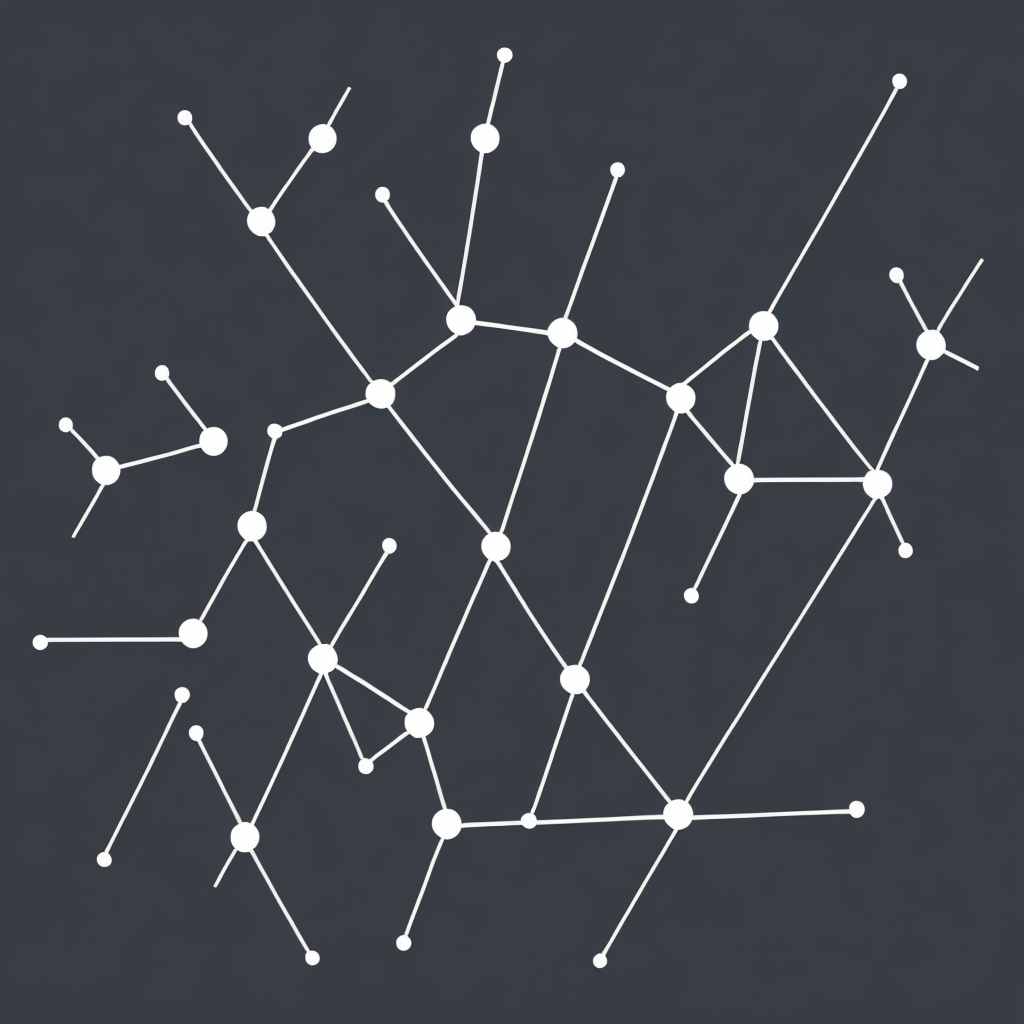Unlocking the Power of Knowledge Graphs: Enhancing Data Management, Improving Decision Making, and Fostering Innovation
In the era of big data and information overload, managing, organizing, and extracting meaningful insights from vast amounts of data has become a significant challenge for various industries. Traditional data management approaches have struggled to keep up with the complexity and scale of modern data landscapes, leaving organizations in search of more robust solutions to meet their data-driven objectives. Enter Knowledge Graphs – the game-changing technology revolutionizing data management and decision making by enabling a deeper understanding of the interconnected relationships within data, thereby fostering innovation.
Enhancing Data Management:
One of the most notable benefits of Knowledge Graphs is their ability to dramatically improve data management. Rather than treating data in isolation as separate entities, Knowledge Graphs represent complex relationships across datasets, creating a connected view of data. This interconnected structure enables more efficient querying and retrieval of information, as data is not just indexed but also linked through semantic relationships. For instance, in a healthcare context, a Knowledge Graph would allow doctors to trace the connections between diseases, symptoms, drugs, and patients, creating a holistic picture of potential treatments. This interconnected approach simplifies traditional data management practices, automates repetitive data tasks, and helps in identifying new patterns, trends, and insights that might go unnoticed in a siloed data management environment.
Improving Decision Making:
In an information-rich environment, making well-informed decisions is crucial. Knowledge Graphs provide a comprehensive framework for integrating disparate data sources and uncovering hidden correlations that traditional data models may miss. By enabling entities and their relationships to be understood within a more contextual framework, Knowledge Graphs offer businesses the ability to make more accurate and data-driven decisions. For example, in marketing, a Knowledge Graph could analyze customer interactions, preferences, demographics, and external factors to predict purchase behavior, enabling the development of targeted marketing strategies. This not only enhances decision-making efficiency but also drives business growth by optimizing internal operations and product development.
Fostering Innovation:
Knowledge Graphs go beyond data management and decision-making, acting as an incubator for innovation. By providing a visual and interactive means of exploring data, Knowledge Graphs facilitate better collaboration among team members and accelerate knowledge discovery. This can lead to new insights, innovative ideas, and disruptive applications. For instance, in scientific research, a Knowledge Graph could help researchers connect dots between various studies, find new potential drugs, and even identify new fields of study that could have been overlooked. In the field of artificial intelligence, Knowledge Graphs can be leveraged to train more sophisticated AI models by exposing them to a wealth of connected data, enabling more intelligent decision-making for complex scenarios.
Conclusion
Knowledge Graphs are a transformative technology that address the challenges posed by the sheer volume, velocity, variety of data in today’s digital world. By enhancing data management, improving decision making, and fostering innovation, they represent a powerful tool enabling a new level of understanding within organizations. As the importance of leveraging data for strategic advantage increases, the role of Knowledge Graphs in unlocking the full potential of data becomes indispensable. However, like any technology, the successful implementation of Knowledge Graphs requires careful planning, skilled execution, and continuous improvement to stay ahead of the ever-evolving landscape of data science.
